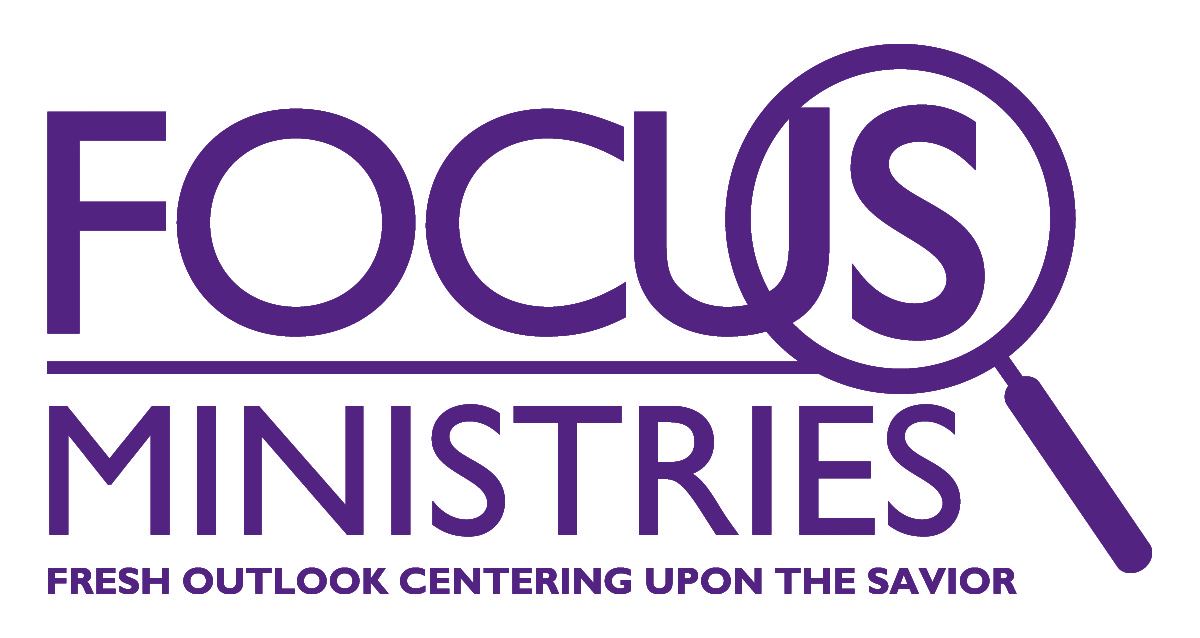Three weeks ago, I began a series I was titling “The Other
Side.” My thinking was to reflect on
what it is like to be on the other side of things we hear talked about as
Christians. For example, what if we’re
the one wanting to be forgiven, instead of the one who needs to forgive? What if we’re the receiver of hurtful words,
not the one who must learn to guard our tongue?
However, in light of the start of a new school year, and a new chapel
theme at Arizona Christian, where I work part time, I am going to put that
series on hold. Our theme at ACU this
year is “I AM changes i am.”
#transform.
In June of 2011, I felt led to purposely look at the ‘I AM’
statements of Jesus. Even then, we
discovered, that A (if I truly
understand WHO HE IS) + B (who i am
because of WHO HE IS) = (then) C (I will live confidently in my
identity). So, if you feel so inclined,
you can go back to those blogs for a refresher.
However, in light of our new theme, and a conversation I had with a
student this week, my goal is to dig more deeply into the concept of who I am, really, in Jesus. It seems all of us struggle with living out
of our true identity. The student I met
with this week has head knowledge, just like all of us…but she struggles with
the “how” part of the living out – the place where reality is met with her theology. As we start this series, I begin with a note
and a challenge I wrote her:
all of a sudden you just “get” the how of victory in Jesus. I do, however, pray
that you can begin to believe the very things God believes about you (no matter
what your “feelings” might say). Somehow
these truths need to get from your head down into your heart. I’ve wondered
what is blocking that from happening.
Mark 6:5-6. Basically, without writing
out the verses, it says that Jesus could not do any miracles in his
hometown. Why? What limited him? What held him back from doing what he was
doing everywhere else? Verse six holds
the key, “He was amazed at their lack of faith.” Their unbelief limited God’s ability to work
in the life of the very people he had come to help. Think about that. Just a question for you – could the victory
you are seeking be blocked by this very thing – faith?
God. It is not anything we can “work up.” So, how do we increase that faith, which will
help bring victory into reality? My mind
went first to the story revealed in the gospels about the healing of the young
boy from an evil spirit. Jesus words to
the man seemed a bit harsh, “If you can?” said Jesus. “Everything is possible
for him who believes.” Immediately the
boy’s father exclaimed, “I do believe; help me overcome my unbelief (Mark
9:23-24).” First key to increasing our
faith is prayer for God’s favor. It’s OK
to ask for the gift of faith. It should
be a regular prayer request.
the Word of Christ (17).” Second key is
continual exposure to Scripture. Freedom
is found in the truth (John 8:32).
So, let’s pray for an increase of faith, together…and let’s
explore the Scriptural truths about our identity. As we do this “work” – we may be
overwhelmingly surprised at the miracle of freedom.

